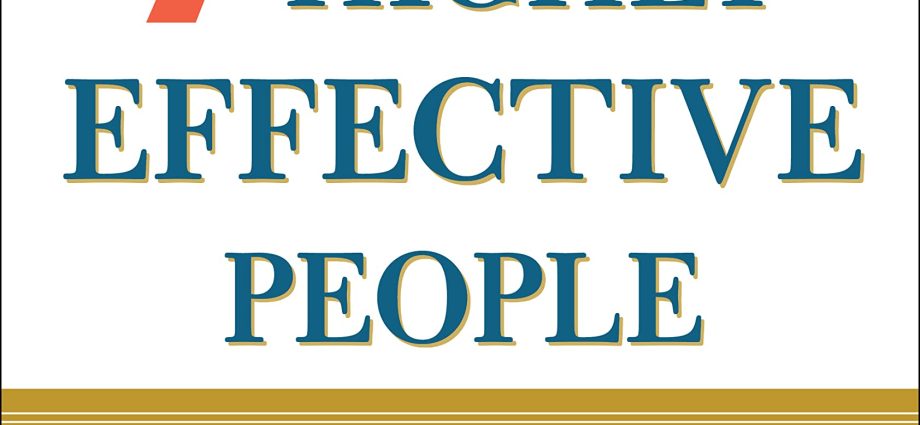Contents
- 1. Constant phone check
- 2. Distractions for non-work tasks that will take “just a second”
- 3. The habit of not closing tabs on the computer
- 4. Compulsive checking of work chats
- 5. The habit of rushing “into battle” and immediately solving problems
- 6. Self-righteousness
- 7. Participating in unnecessary meetings
When we get distracted from work, we lose focus. It takes an average of 23 minutes to return it, which means that our productivity inevitably drops. But it’s one thing if our work process is “invaded” by superiors and colleagues. And it is quite another when we distract ourselves – because of habits that we are not even aware of.
1. Constant phone check
“During the day, most of my clients grab their smartphone every now and then — for example, if the site takes too long to load or they are about to call back,” says coach Anna Dirmon Kornik. – Most do not realize these actions, and if you pay their attention to this, they believe that they are acting rationally, “without wasting time.” But in reality, this “second” distraction, as a rule, flows into 1, 5, 10 minutes, during which one could have time to do something useful.”
Instead, the expert advises setting aside a certain amount of time for yourself on social networks – in this case, the temptation to look into them every now and then “with one eye” in the midst of a working day will be less.
2. Distractions for non-work tasks that will take “just a second”
Again, the “second” insidiously turns into several minutes, or even half an hour: having started doing one thing, we imperceptibly move on to something else, and meanwhile the work is worth it.
“It seems to us that, taking on a small matter immediately, we are doing the right thing: we definitely won’t forget about it, but in practice, one task pulls a second one, and that one a third, and so on ad infinitum,” says Dirmon Kornik.
He advises writing such cases on a separate list and dealing with them outside of working hours. Or at least allocate several time intervals during the day, during which you will definitely not be distracted – even to unload the washing machine.
3. The habit of not closing tabs on the computer
It’s simple: the more tabs, the more, according to our brain, tasks that require our immediate attention. So, the more stress and the lower productivity. If you are afraid of losing the site you need, just add it to your favorites or save it in another way.
4. Compulsive checking of work chats
Yes, most likely you have an important and responsible job, and on some issues your opinion, decision or answer may be required immediately. But in this case, you will most likely be written or called personally. This means that it is not necessary to constantly check all work chats and go to platforms like Slack. In the end, you can talk it over with colleagues: if you need an urgent response, you can be noted in the correspondence or write to you directly.
In work, as in personal life, it is very helpful to set and maintain personal boundaries: let employees know that you cannot and should not be in touch every second. That there are tasks that require maximum concentration from you. If other colleagues have access to your calendar, you can mark certain periods of time as when you are not available to anyone.
5. The habit of rushing “into battle” and immediately solving problems
As mentioned above, no one doubts that your participation in the common work is very important, but does this mean that you should rush to complete the task at the first call? Hardly.
And that, according to Tanya Melon, a management professor at Ohio University, is what people who think they are experts do. They tend to solve the problem right there on the basis of the input they have, instead of taking a break, collecting the missing information and doing the best.
When faced with an “urgent” task, the expert advises first asking yourself if it really requires your participation. Perhaps colleagues can handle it just fine without you, especially if you have other priorities. And perhaps the need to solve the problem will disappear altogether by itself.
6. Self-righteousness
Career coach Norma Reyes believes that as we develop professionally and gain experience, we gain confidence that we know exactly how to solve a particular problem. And this, in turn, prevents us from remaining flexible and makes us resist change, spending time and energy on this that could be spent on solving other problems.
7. Participating in unnecessary meetings
Many employees will agree that meetings with colleagues take up too much of their time and a number of issues could be easily resolved in correspondence – or even done on their own, taking responsibility. What do you think?
Don’t you think that your time is worth spending on something else – on more important tasks leading you and your project or team to achieve a global goal?










